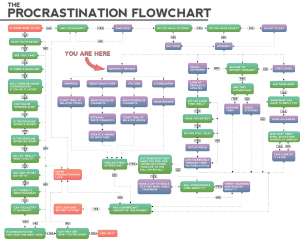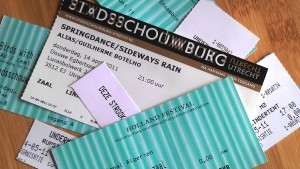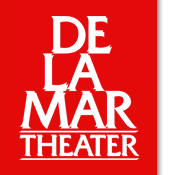
Scheduling and registration convenience
Uurwerk is the scheduling program designed by TOT for events personnel in the cultural sector – both venues and companies. It was developed from many years of practical experience at, and in conjunction with, large and small theatre and event organisers in the Netherlands. Its strength lies in the ease with which you can schedule the personnel in an efficient, well-ordered way, and in accordance with legislation. Time tracking and accountability form an integral part of this, and have never been so easy. » read on about Uurwerk personnel scheduler
Project management and automation in the world of culture. TOT boasts a wealth of knowledge in this, as well as vast experience. Where to start? With the right questions: TOT poses them with the fresh outlook of a relative outsider. You’ll find the answer by putting the interests of all parties into a common perspective – the perfect performance, the successful event, the satisfied client. This helps to streamline and professionalise procedures, in whatever way necessary.

In the ICT project management section you’ll find:
Buy new software and all your problems are a thing of the past; all your wishes are fulfilled. Every program demonstration promises this. But is it really true? Perfect applications do not exist, but optimal combinations of people, requirements and techniques do. How do you know whether a particular program is the most suitable one for your business? Do you really need that particular program, or do you already have something that can do the job and are simply unaware of it? And how will the change impact the organisation? TOT is an independent party that utilises a range of different programs and suppliers. TOT is looking forward to helping you. » read on about Applications
Core business
The world of culture revolves around performances and events. Just as much for theatres and concert auditoriums, as for event venues and museums. Under no circumstances should an auditorium be double-booked, or the technicians have a start time scheduled that is different from what the visitor hears at the box office.

This is why when a cultural organisation initiates automation event scheduling is often addressed first. Other internal business processes can also benefit, but often later. » read on about Event scheduling
Scheduling in the cultural sector
Personnel scheduling is not unique to the world of culture. An airline company schedules pilots; a railway operator, conductors; hospitals, nursing staff; and the security sector, guards – all of whom work irregularly. However, events-guided scheduling is unique to the cultural sector. No fixed day, evening or weekend shifts, but a scenery building shift, one for sound, welcoming the public, guided tours or ticket sales, with times and staff levels determined by the performance or event. » read on about Personnel scheduling
The time clock
Associations with the factory from Modern Times come to mind when thinking about the time clock. Although the punch card is replaced with a pass or badge, the principle remains the same: each staff member starting work signs in, and those who have finished work sign out. Nowadays, instead of a clock there’s a terminal where you can find your holiday entitlement, register visits to the doctor or report as working offsite. » read on about Time tracking
Cold, hard cash

Where is the money earned? At the box office! Visitors buy tickets for events, exhibitions, performances or concerts. And nowadays you will not find an amiable employee behind a cashbox with a notebook. Instead, they sit behind the computer, ask for the postal code and house number, enter the number of tickets, click Print and make payment. Whether it is online or at the box office, in cash or by bank transfer, all sales run through the same computer program. » read on about Ticket sales

Many cultural organisations do not use a CRM program. At least, that is what they think. They dabble in CRM but do not have a specific program for it, which is not always necessary. You can do more with Outlook than you think. Excel is great for maintaining addresses and removing duplicates. Nearly every event scheduling or ticket sale program has a CRM option. If this is enough for you, do not let yourself be talked into getting a separate CRM package, as slick as it may seem. Why buy an expensive program when the software you have already fits the bill? » read on about CRM
Cultural organisations can no longer do without private financing. Crowd funding is hot, but organisations still seek ways to recruit sponsors, donors and friends.

That entails all kinds of activities:
- Finding potential donors;
- Keeping a record of who has been approached, when and how;
- Determining who has reacted to a mail or telephone campaign;
- Registering donations, and receiving and checking payments;
- Sending annual reminders and thank yous for gifts received.
- If you have a limited number of sponsors and donors or a tight-knit group run by volunteers, Excel is the perfect tool for recording addresses and donations.
However, you could also purchase a program for this purpose. » read on about Fundraising

Contemporary chic
DeLaMar is a contemporary two-auditorium theatre (more than 1500 seats), a Grand Café and various foyers that are also suitable for events. An exceptional photo collection hangs in the foyers. Janine van den Ende purchased various works, but in particular commissioned five prominent Dutch art photographers with the theme of ’theatre’. Erwin Olaf, Viviane Sassen, Hans Eijkelboom, Cuny Janssen and Koos Breukel each provided their own interpretation of this theme. » read on about DeLaMar Theatre
![]()




